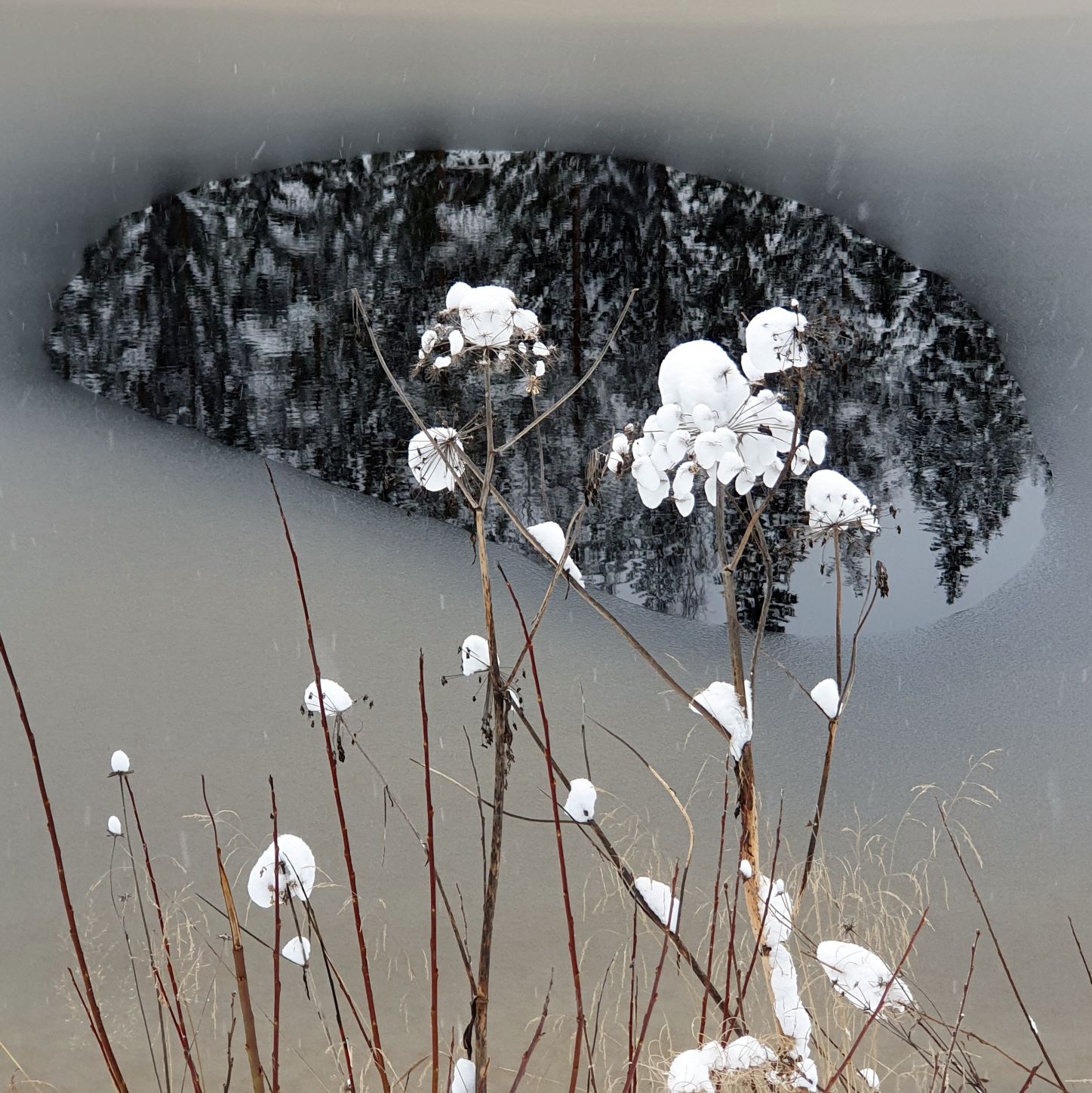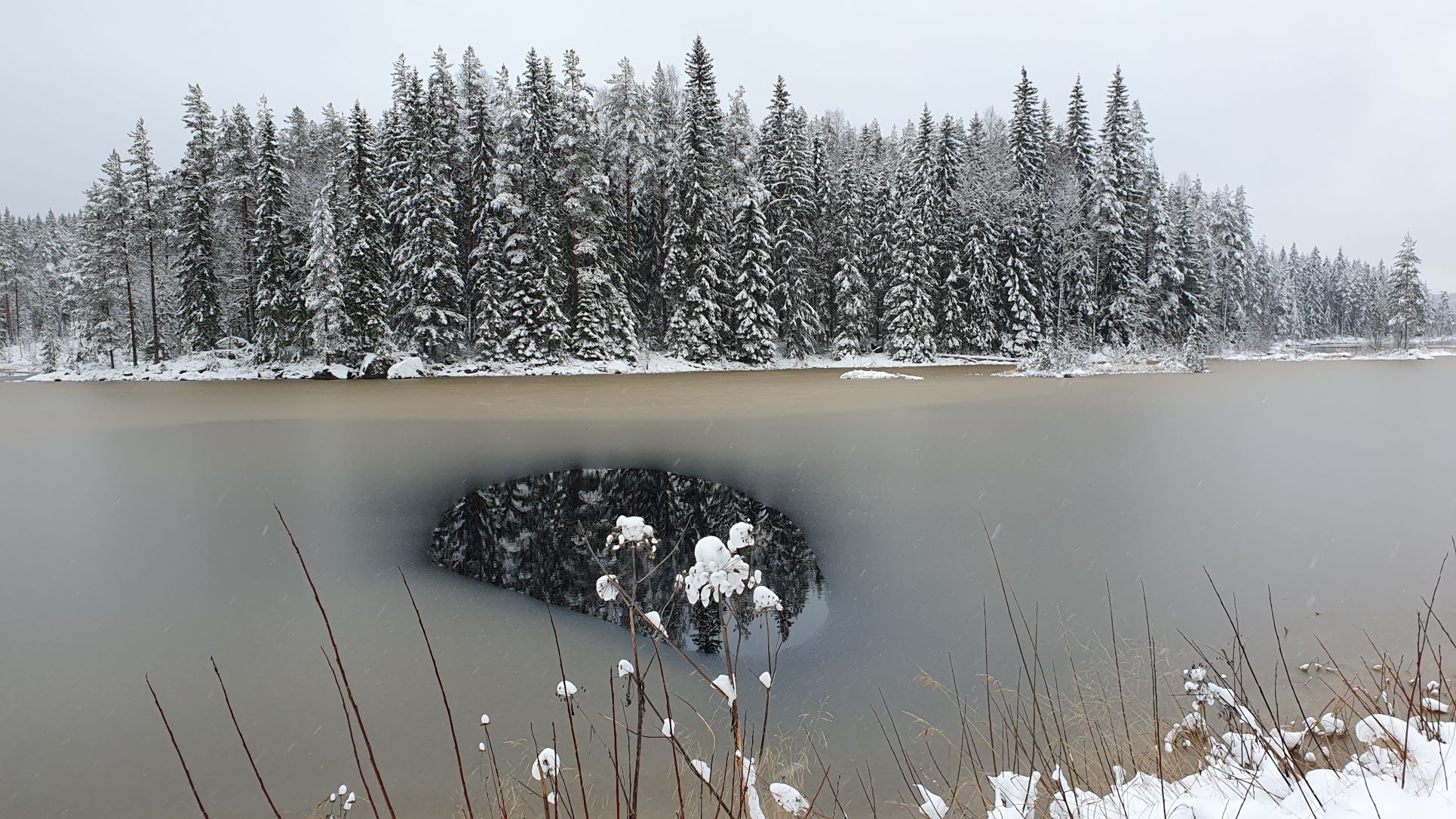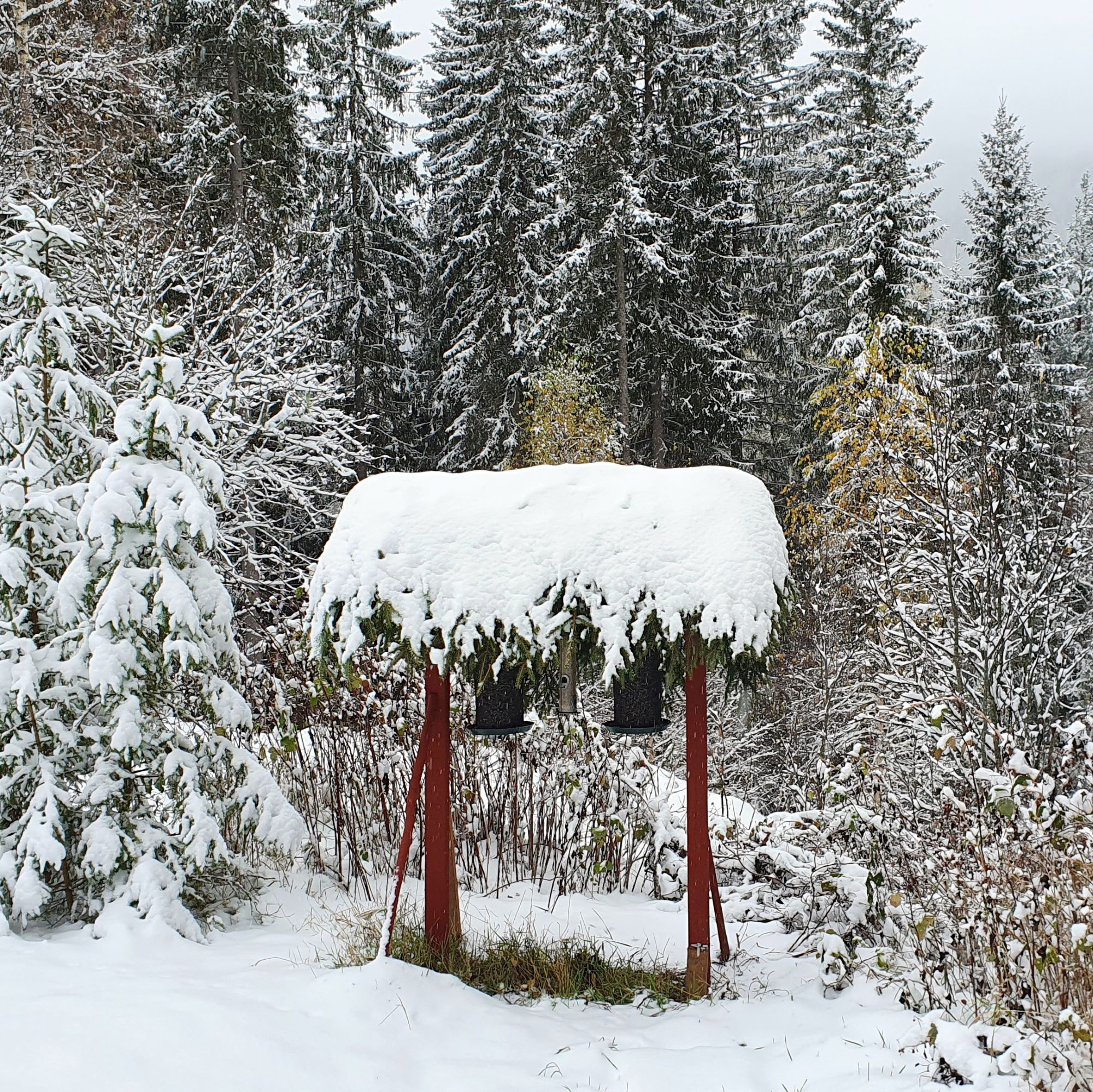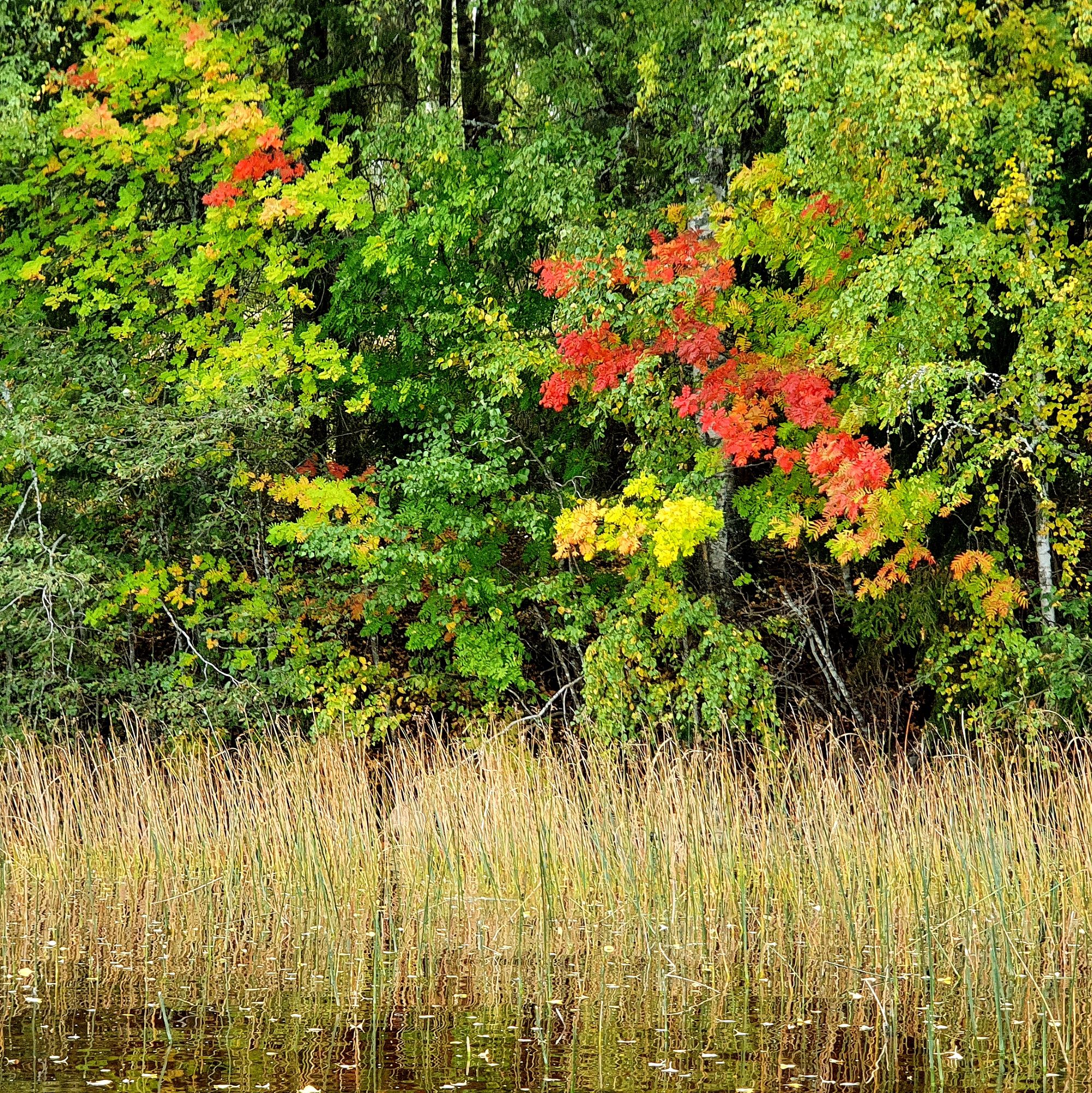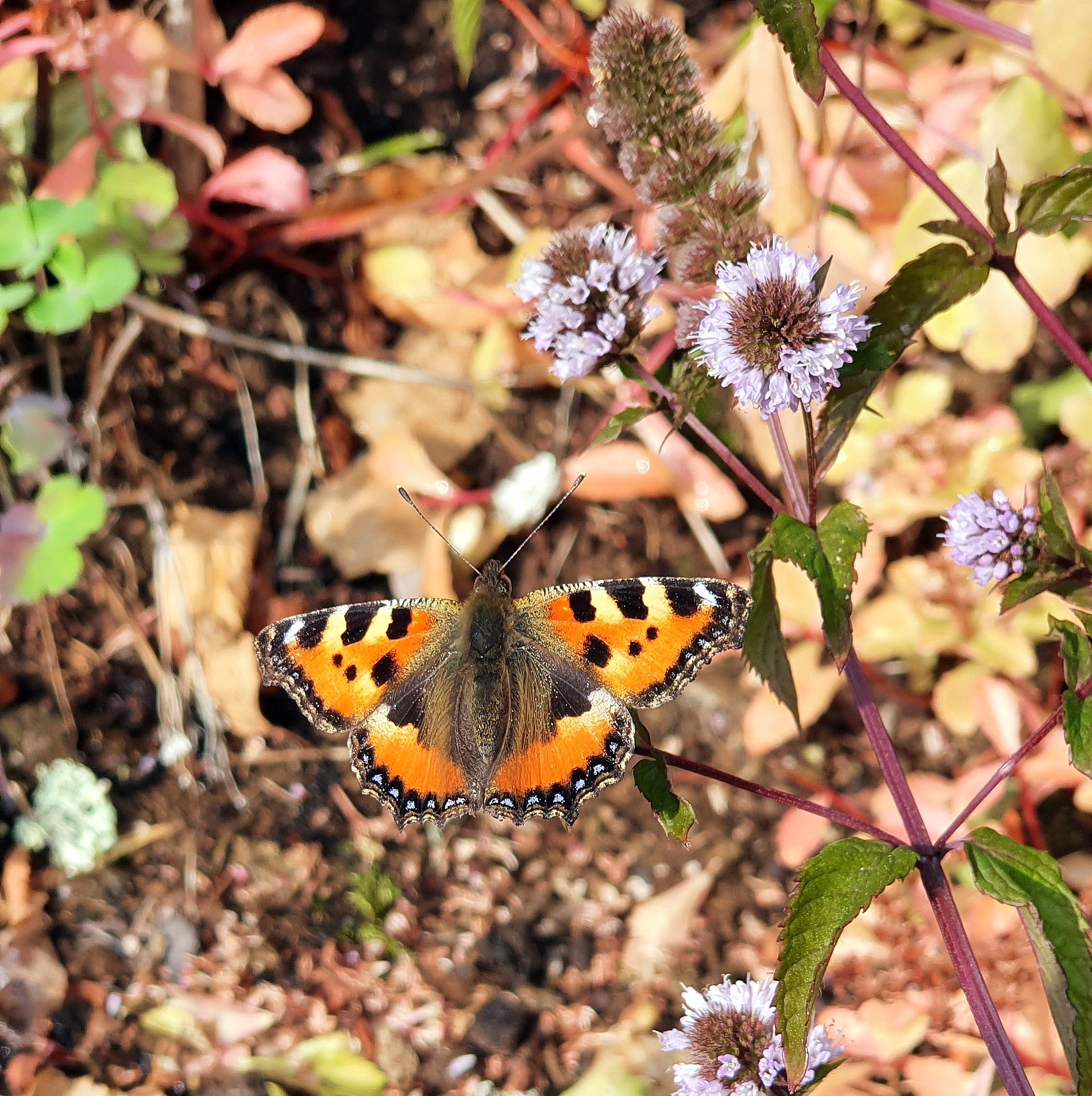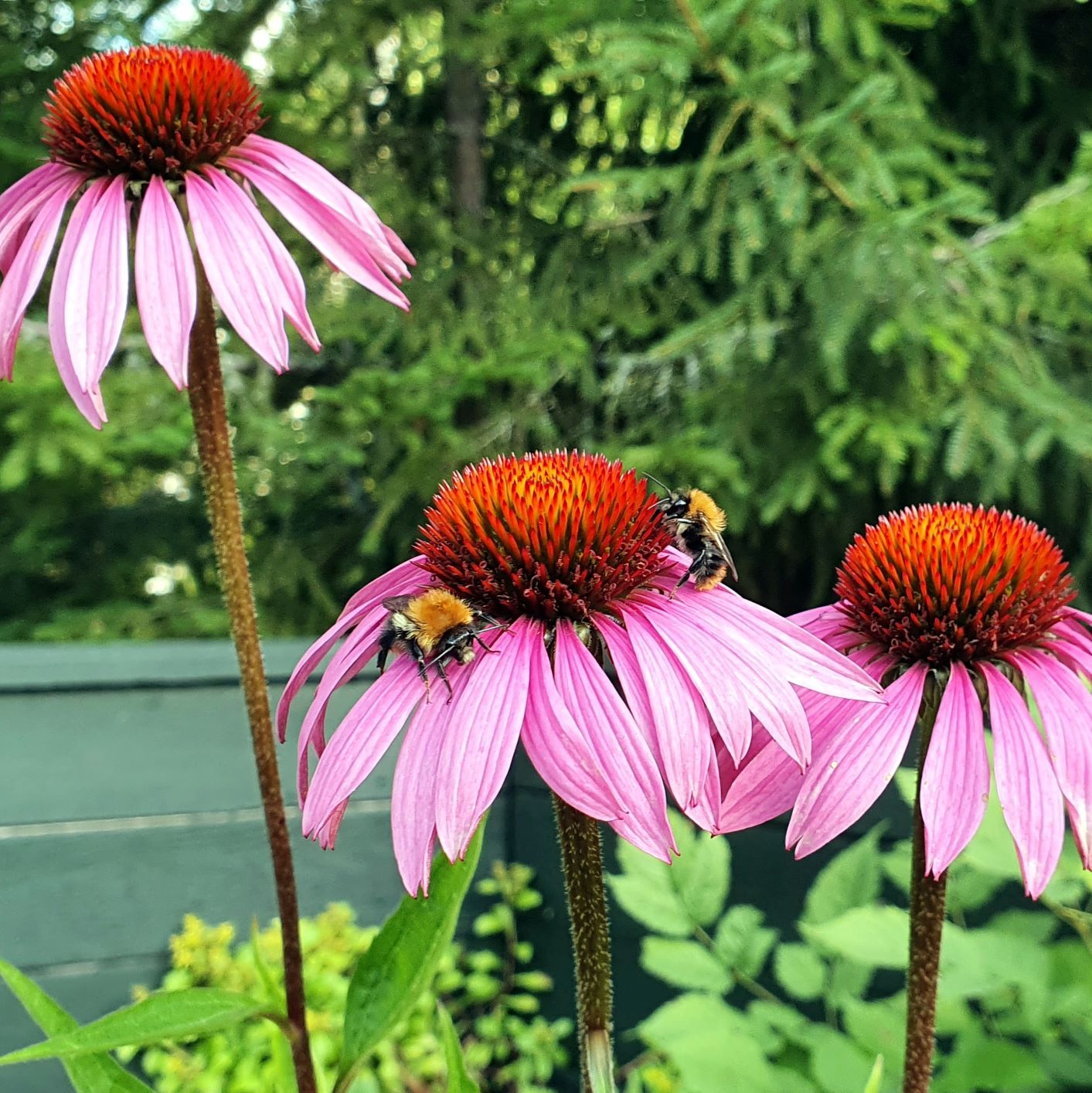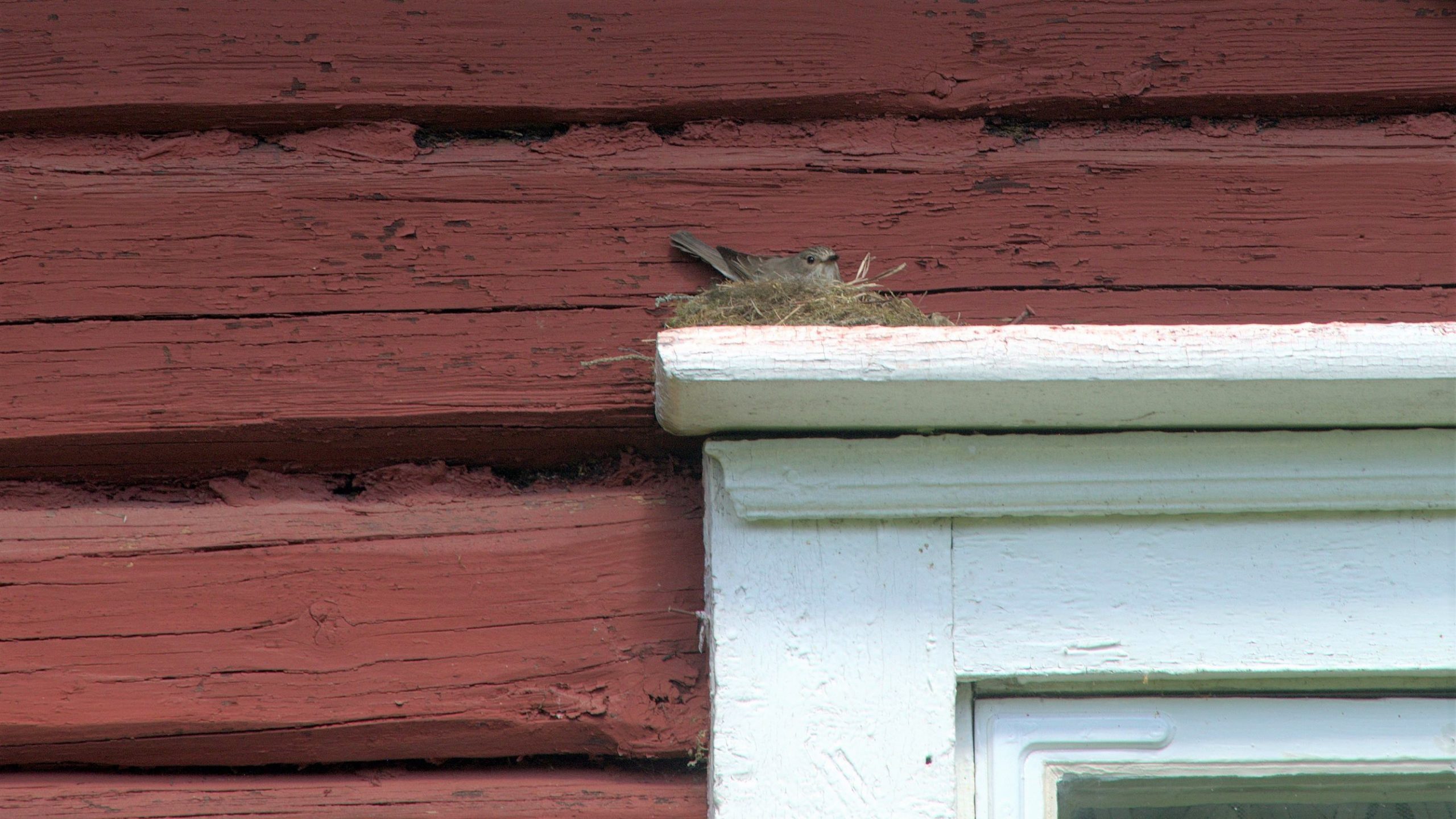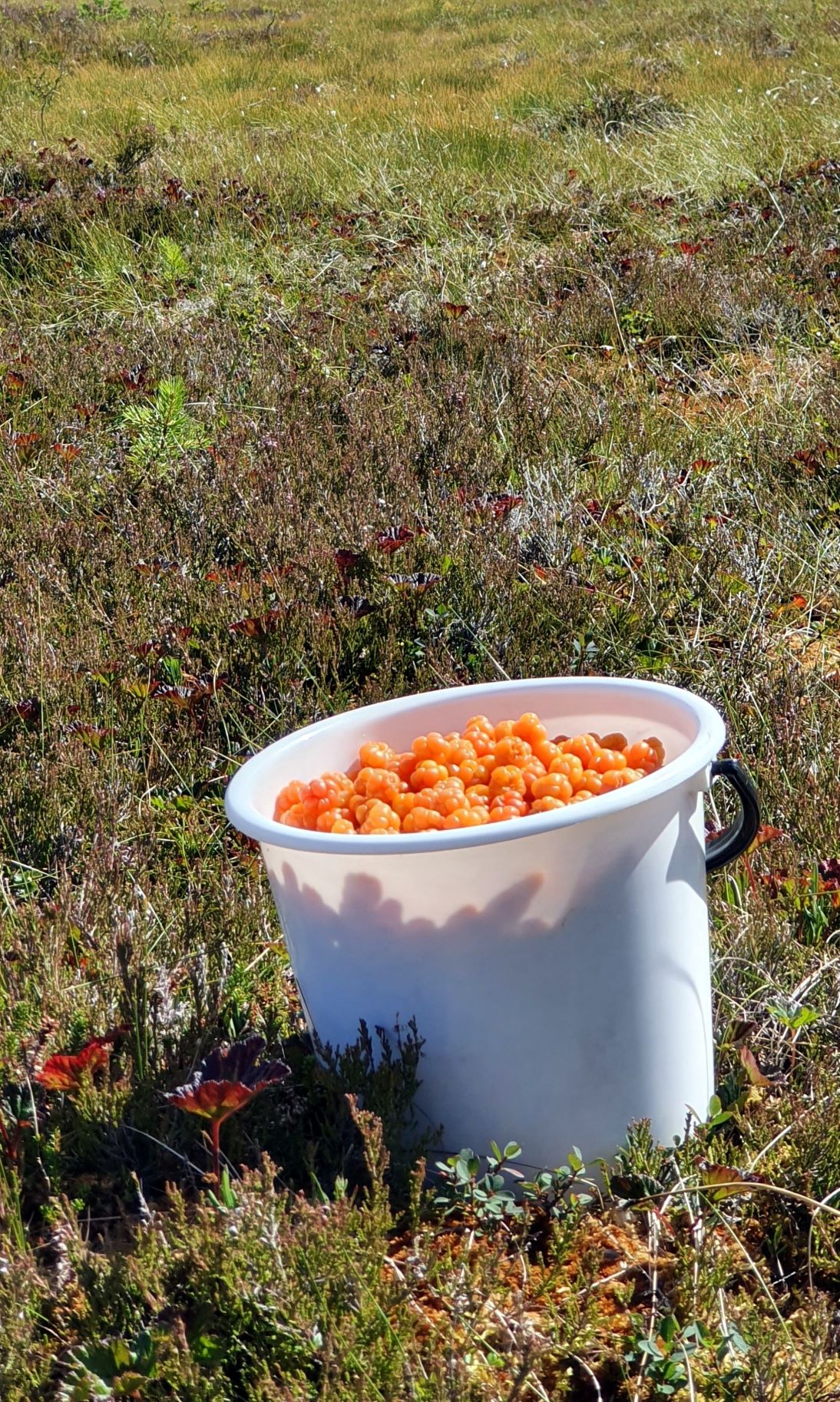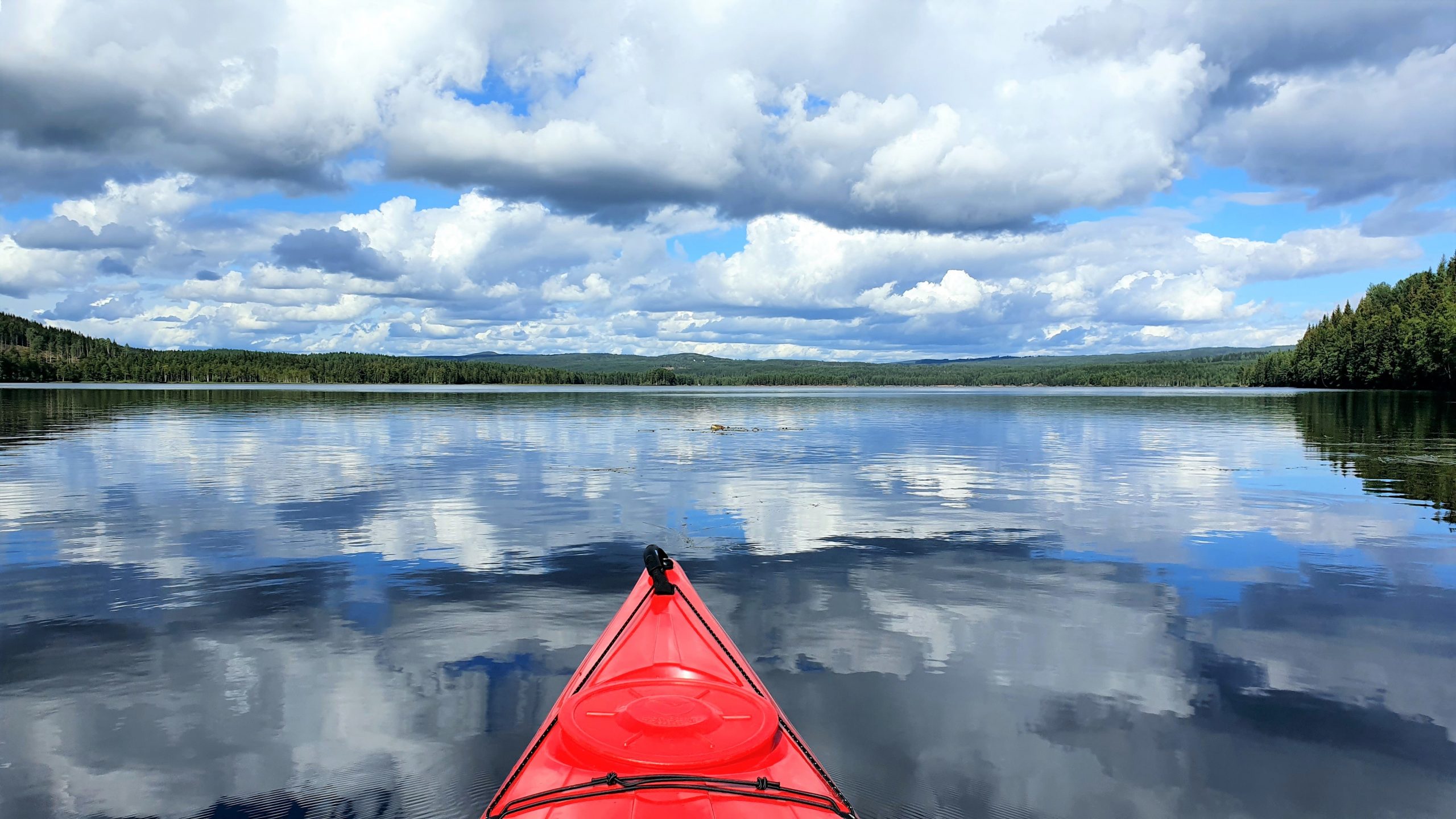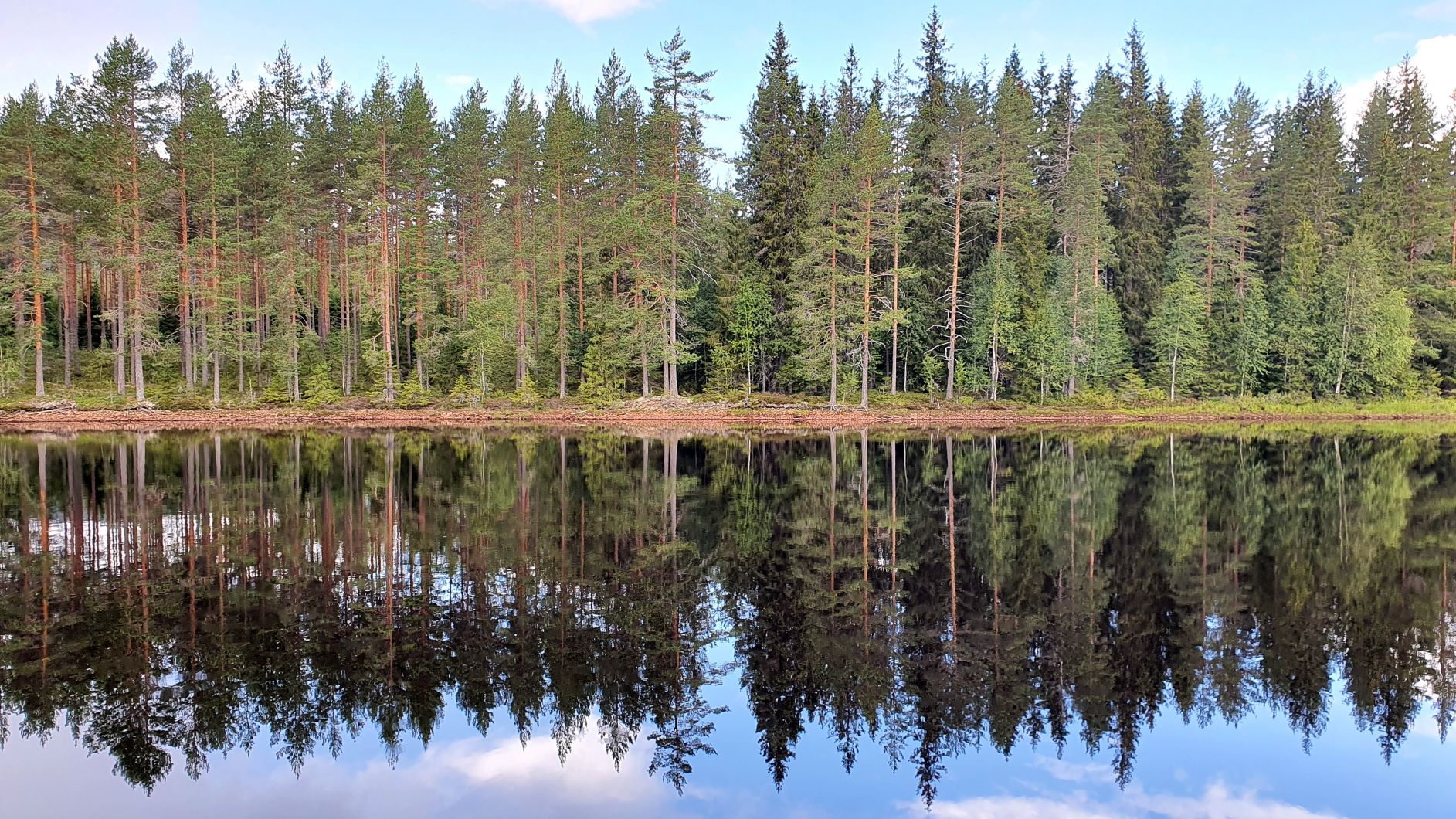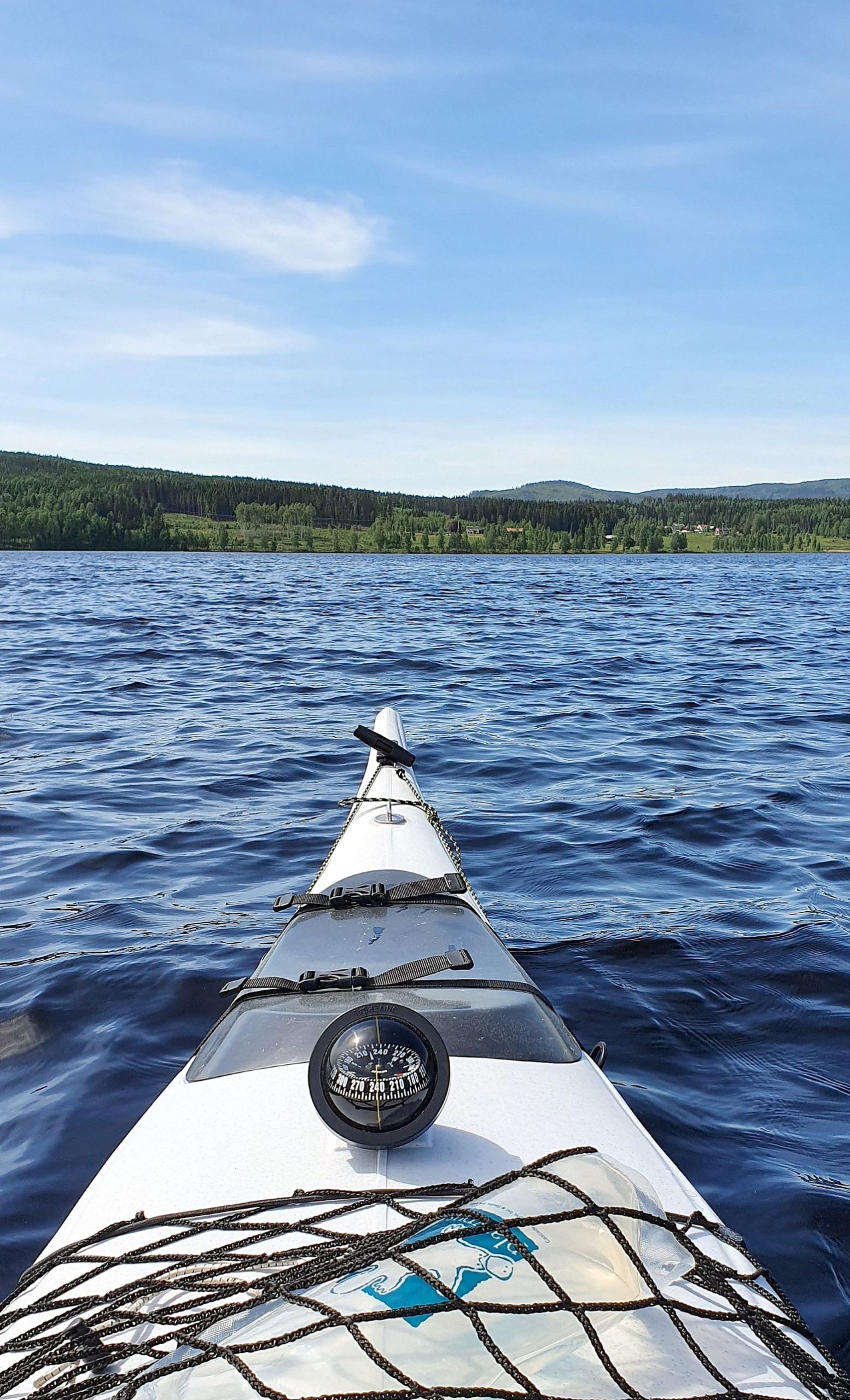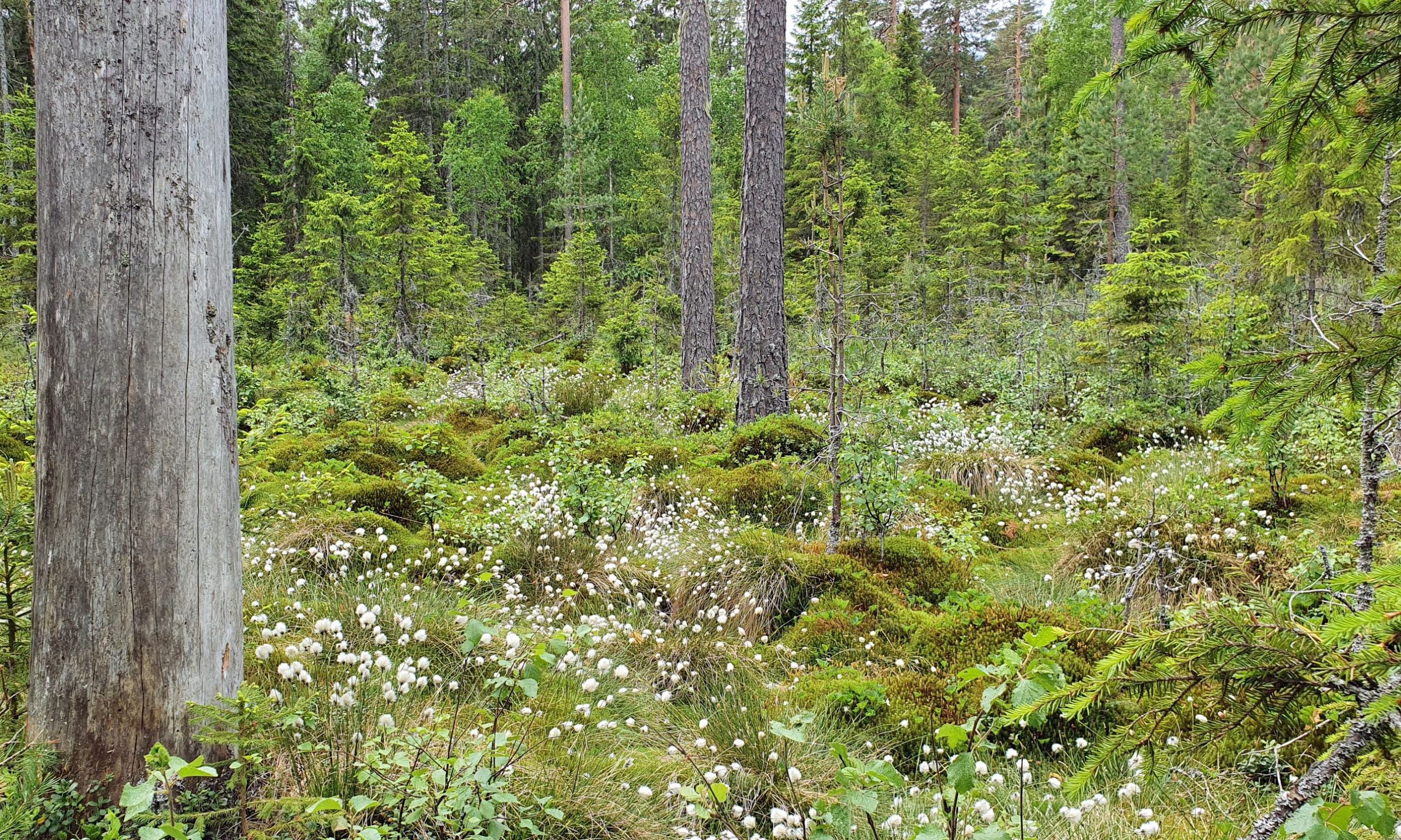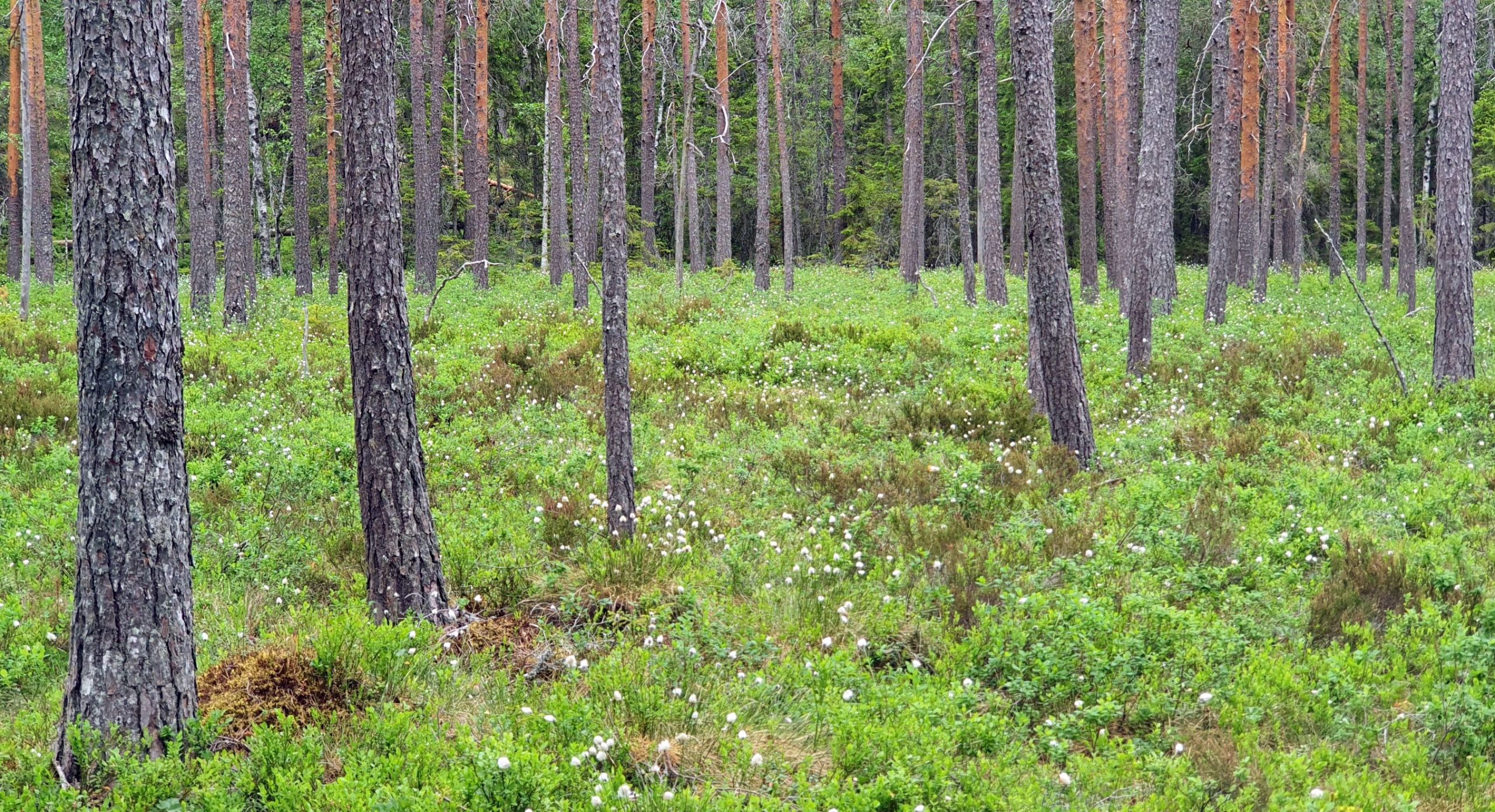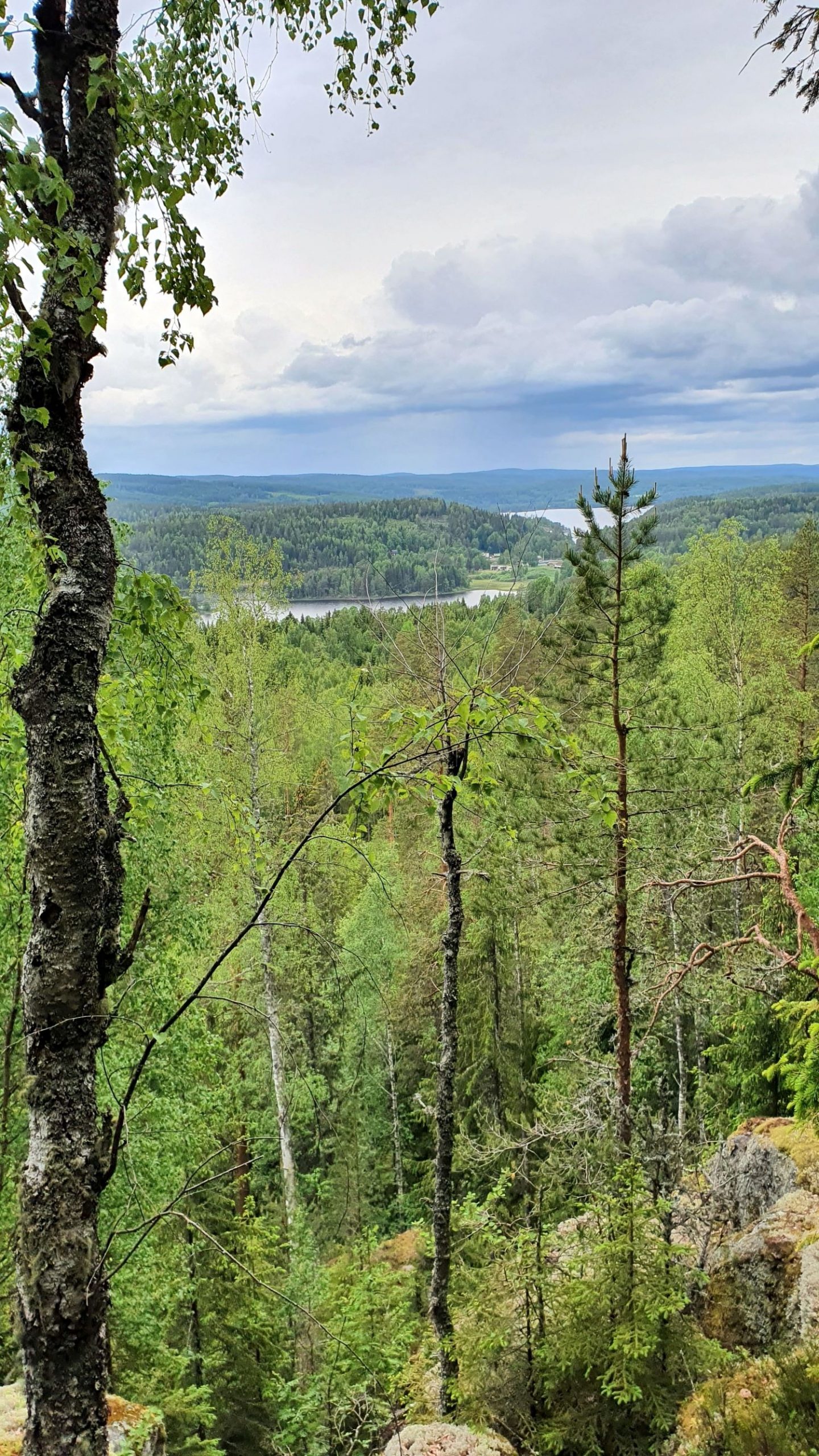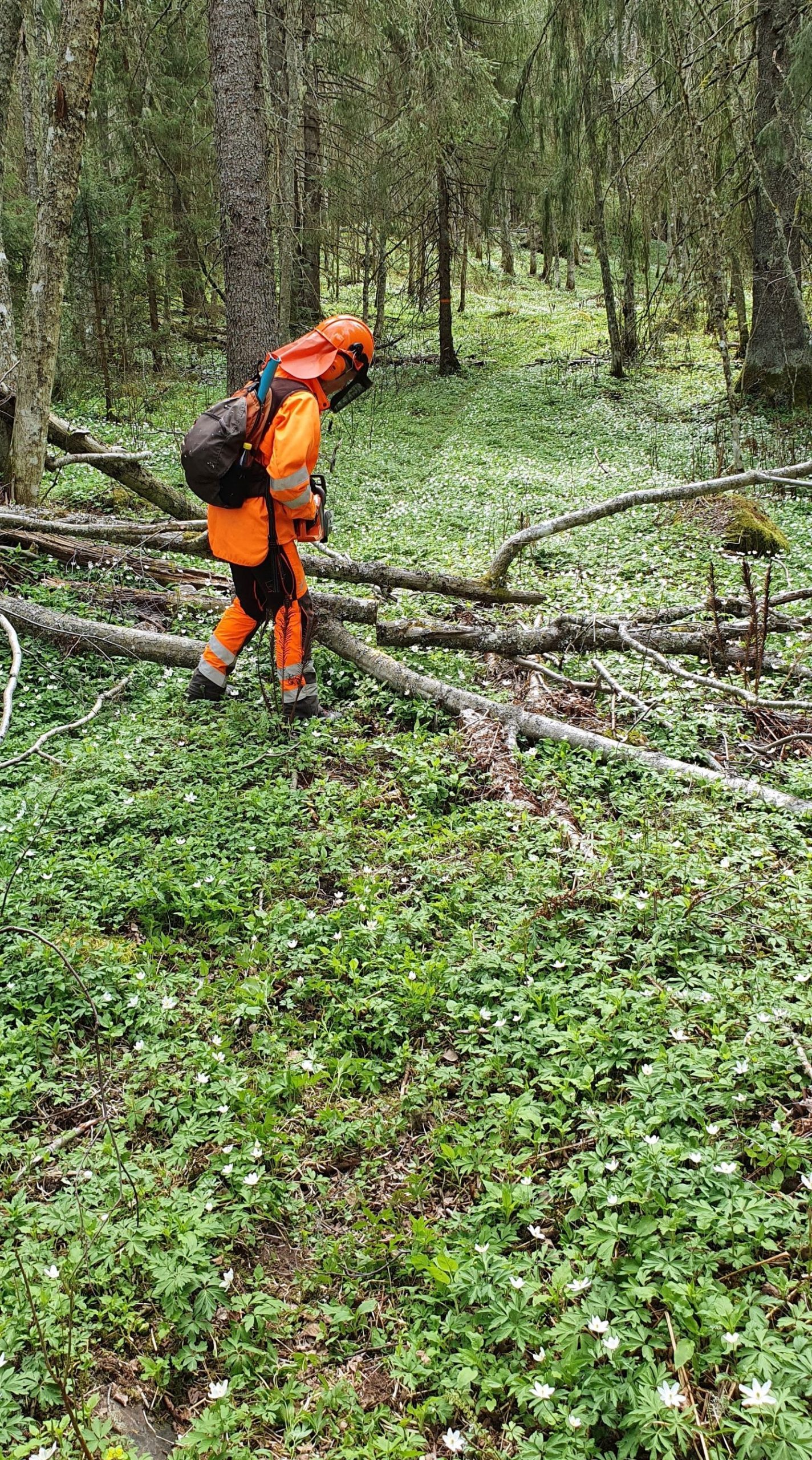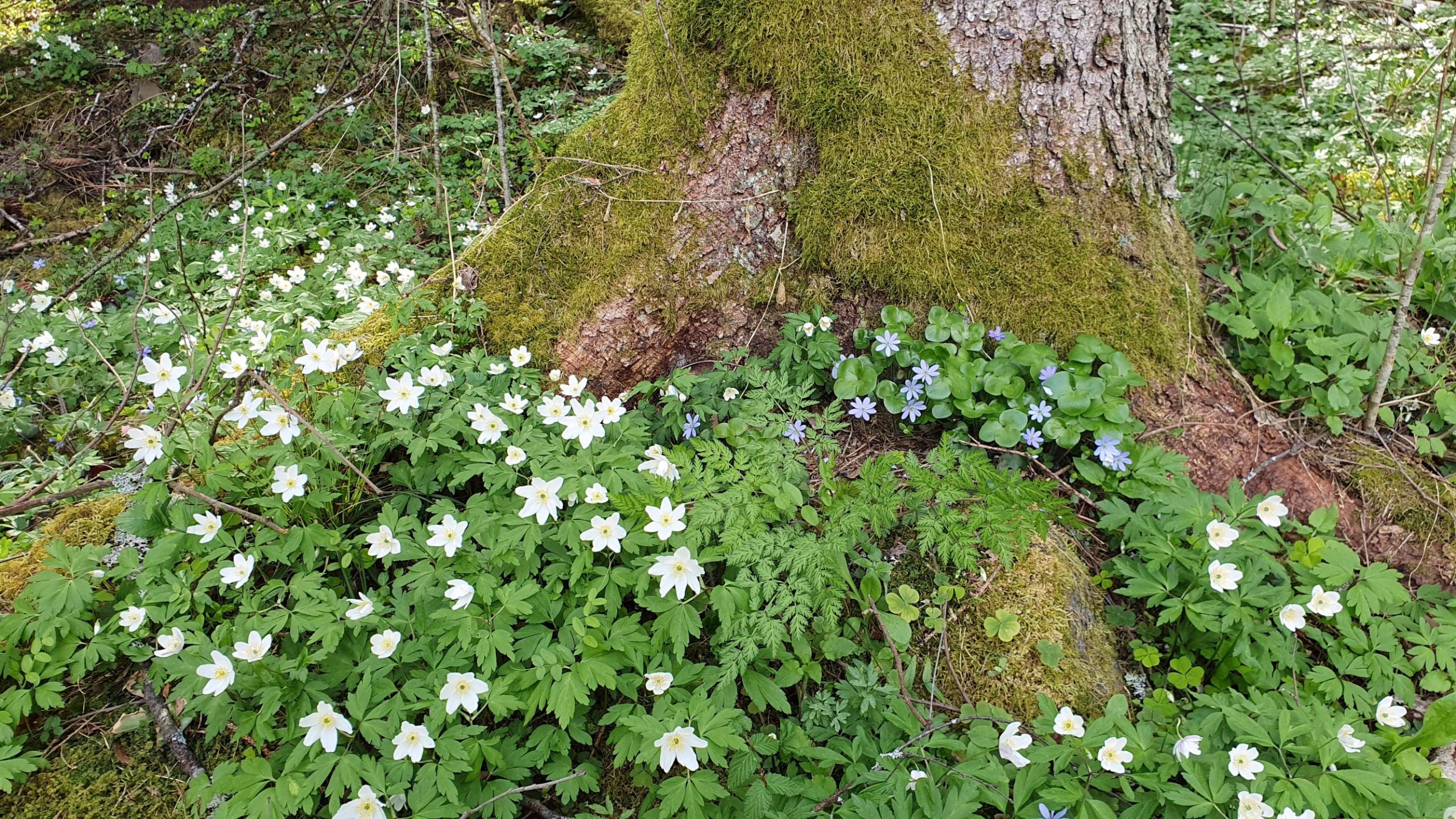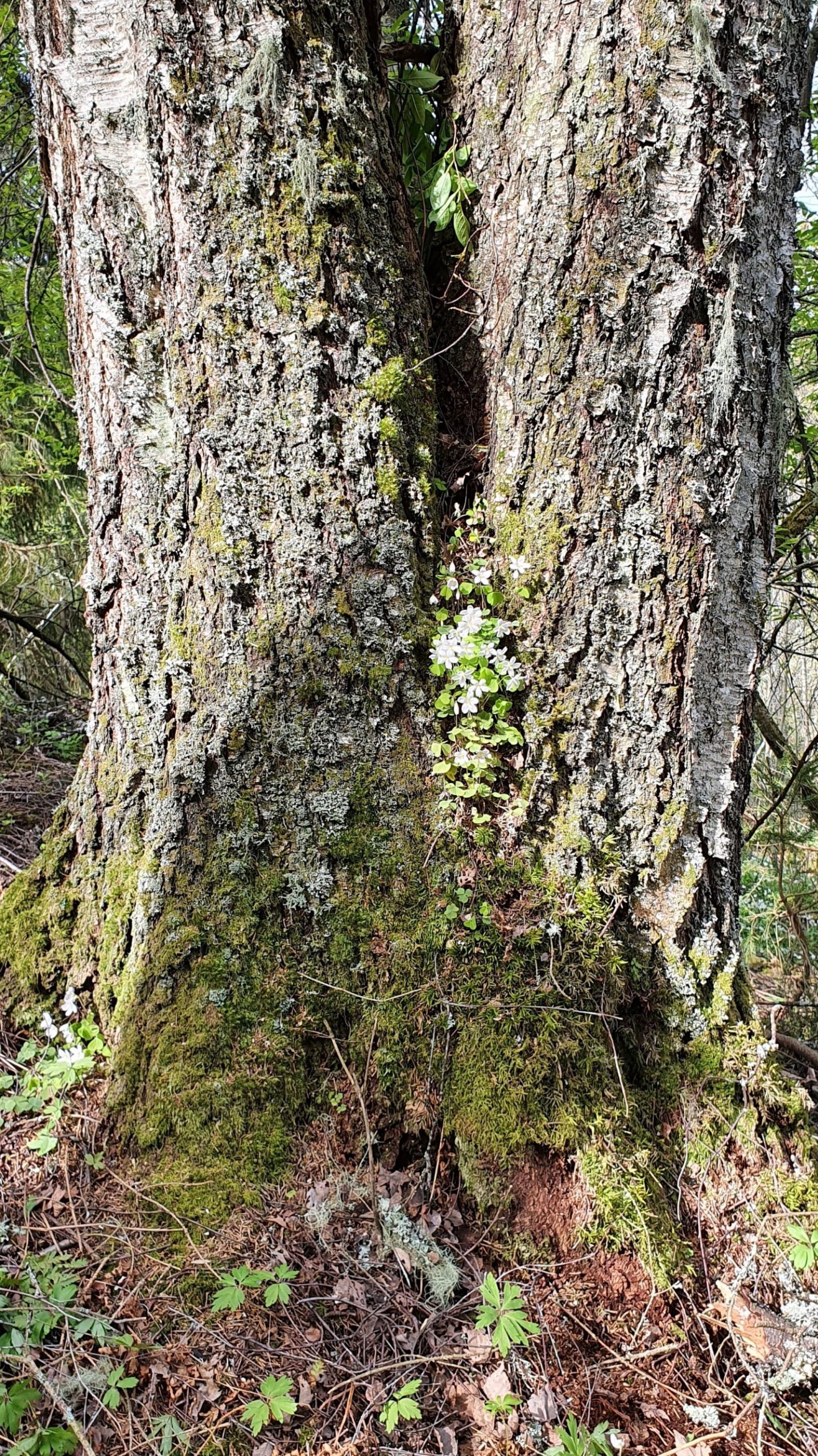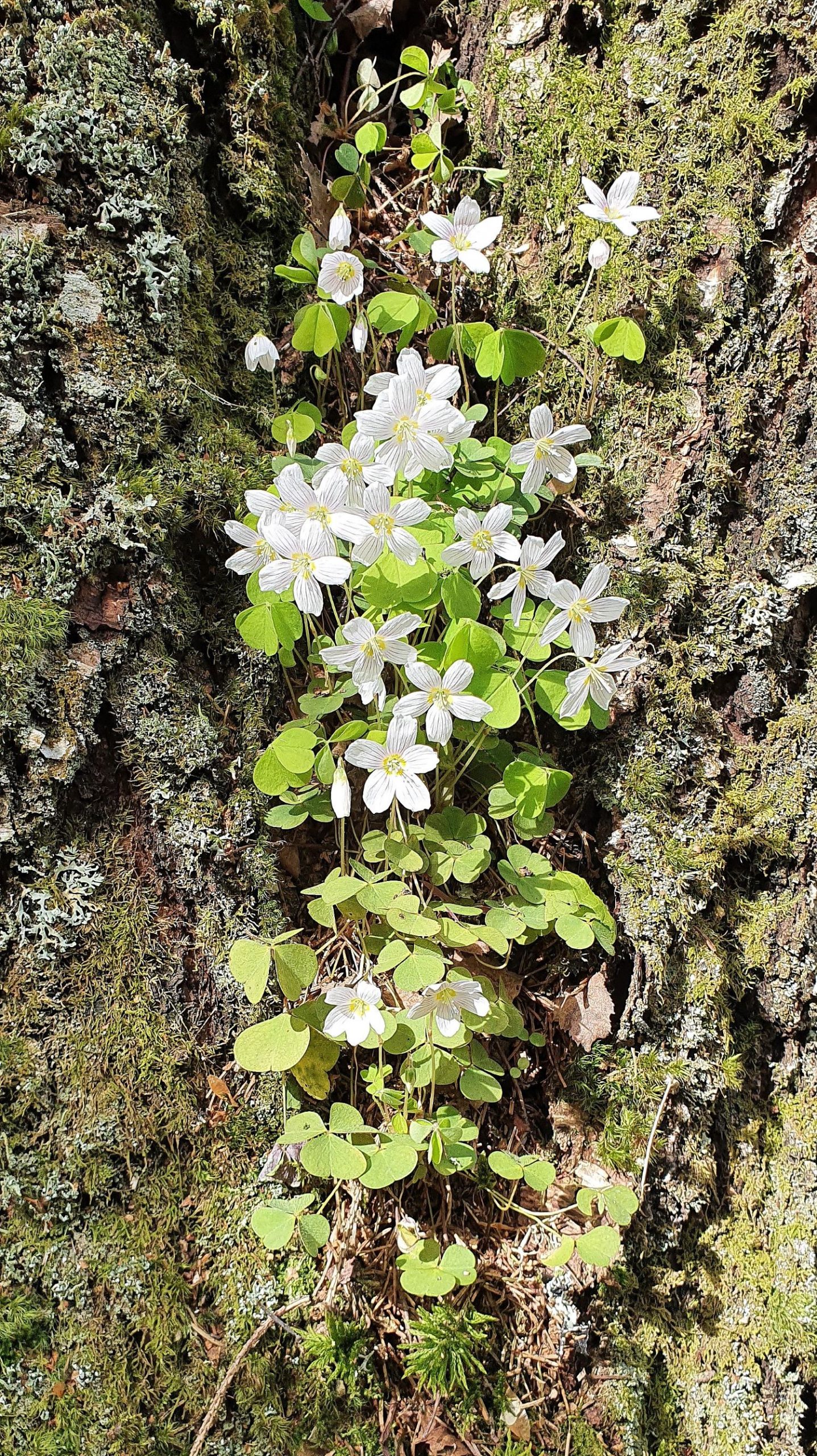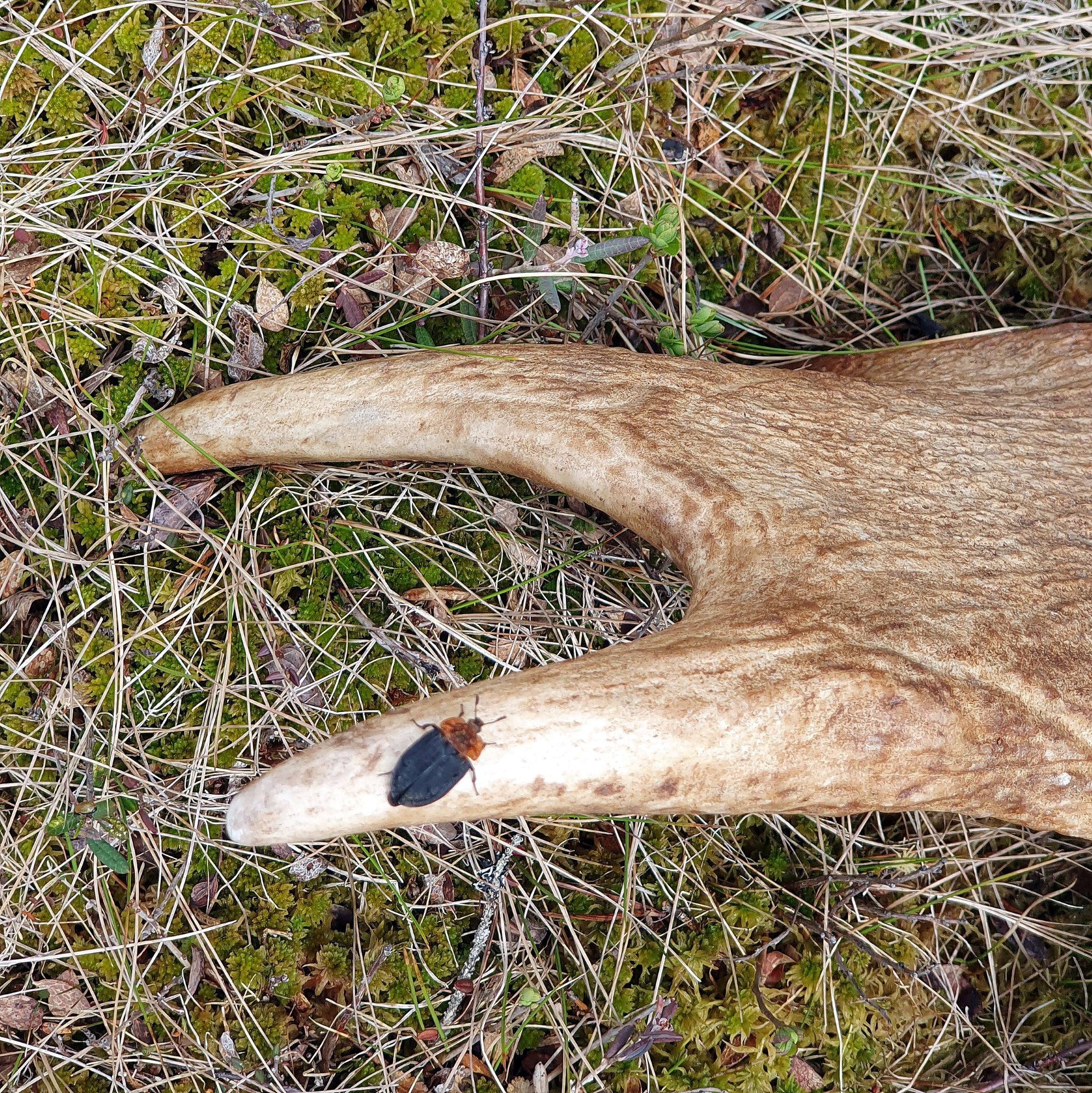Full moon and fresh snow, an unbeatable combination!

I tried taking a picture with the phone in the low light, it worked!
When the snowfall subsided and the full moon cast an almost fairytale light over our yard, we went outside for a while to listen for owls. We heard nothing. The night was silent, completely silent. When there is no wind and the forest is embedded in a thick blanket of fresh snow, all sounds are muffled. After a while, the sound of your own bloodstream becomes almost like a rushing river.

It has been a fantastic winter so far. Plenty of snow and mostly sub-zero temperatures. Down to 30-35 minus degrees in our area, that’s enough, more is not needed. There have been more aurora nights than usual, but tonight it was only the stars watching over us.

Garden dreams, so far far away, even if the garlic rests there under the snow. It will be at least another two and a half months before the croaking of the frogs is heard from the garden pond.

Warm light from our kitchen window finds its way out to the bird feeder.
At the bird feeding it´s quiet, even though the restaurant is open around the clock. During the day, about ten species of birds gather for food. Roe deer also visits sometimes to taste the sunflower seeds. The neighbor’s cat drops by to perhaps taste a mouse or vole. Sometimes even a bird unfortunately.
Even a forest marten has taken a liking to our tavern. It took the container, which contained 8 fat tallow balls, and disappeared into the forest. Will see if I manage to find the container this spring when the snow has melted away.

